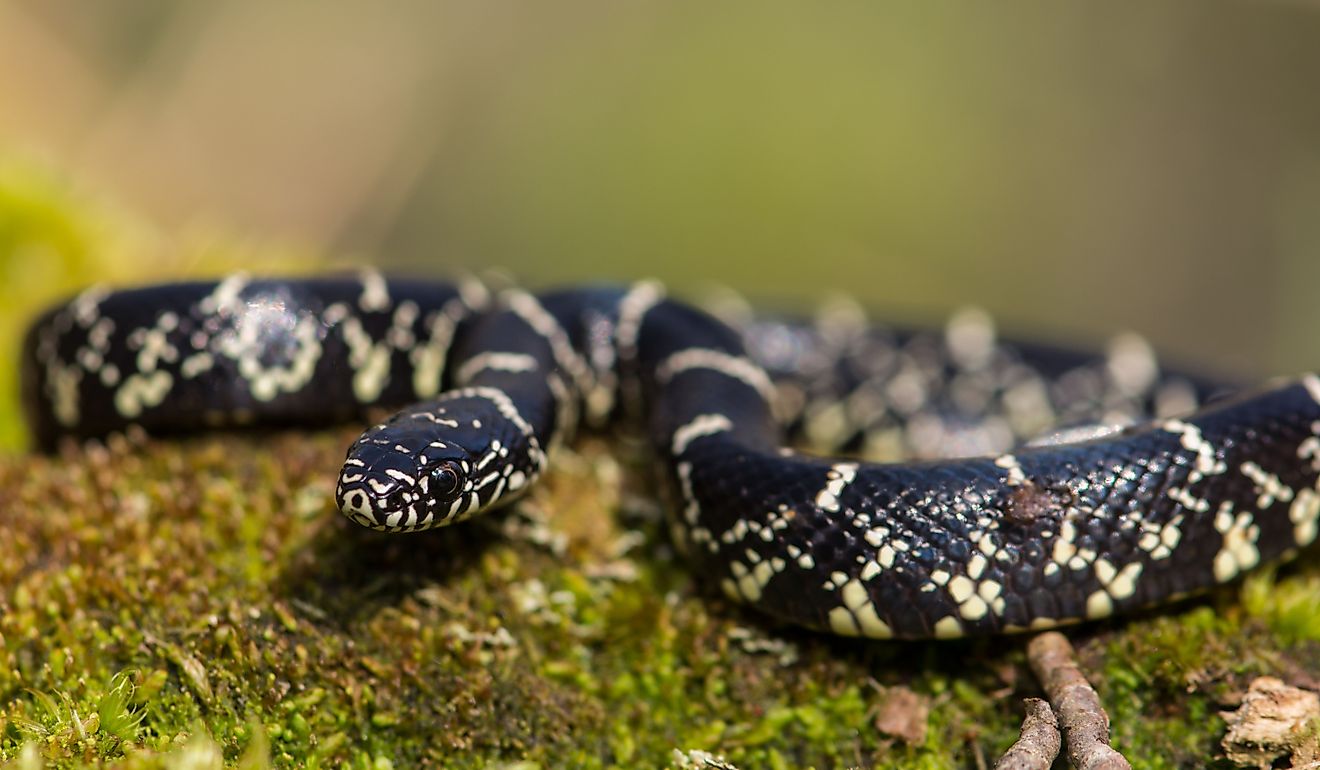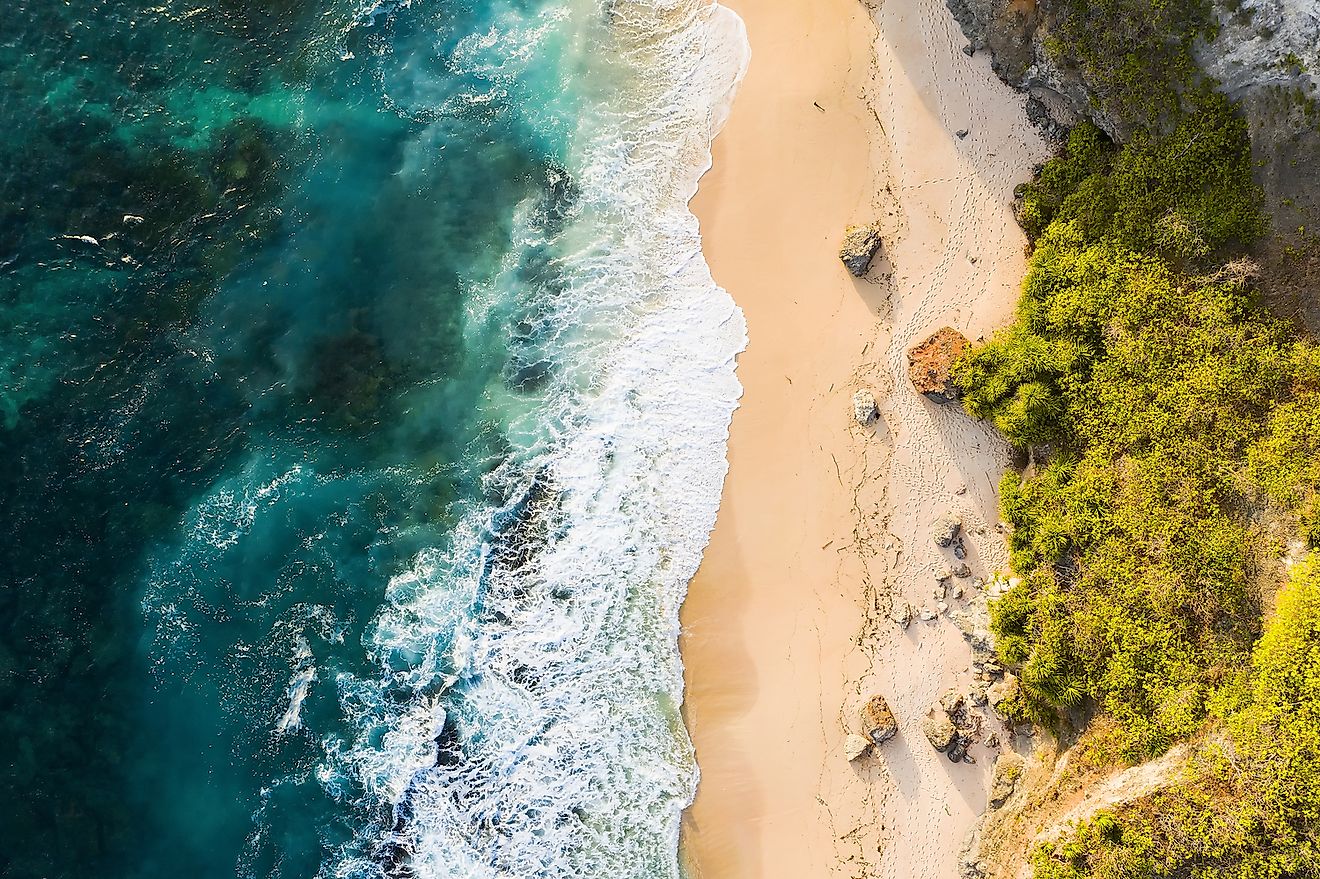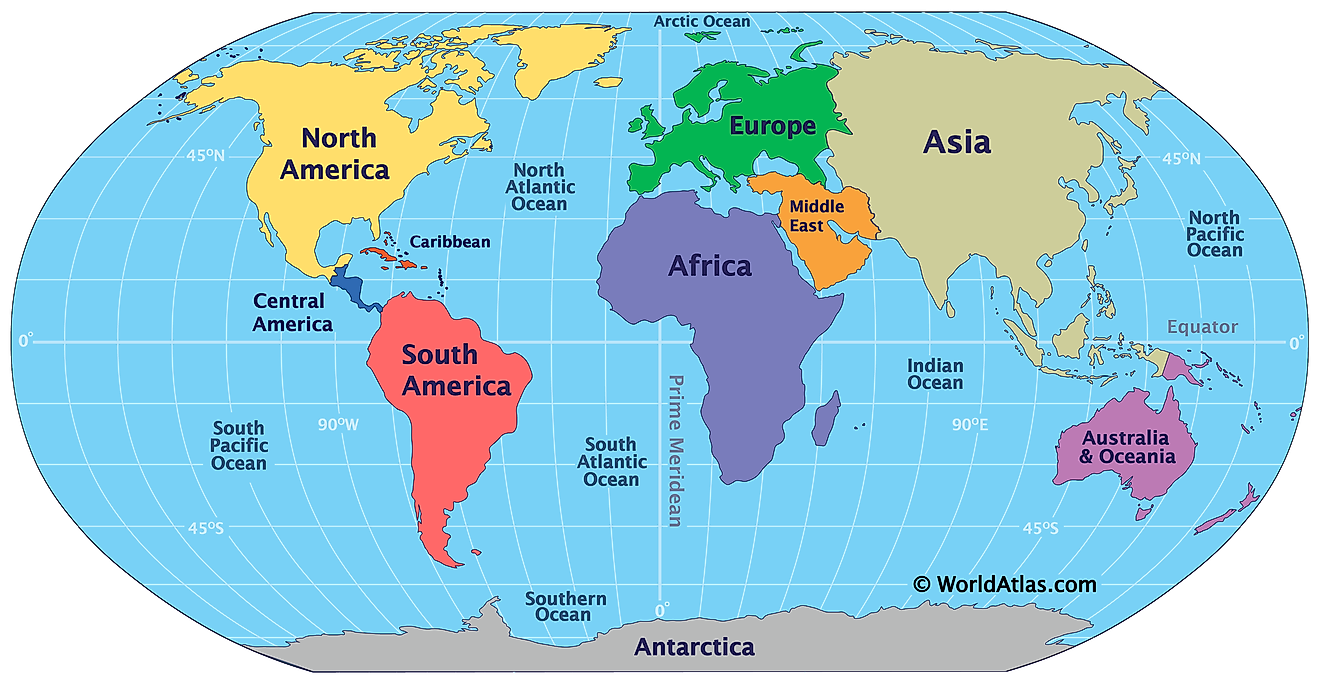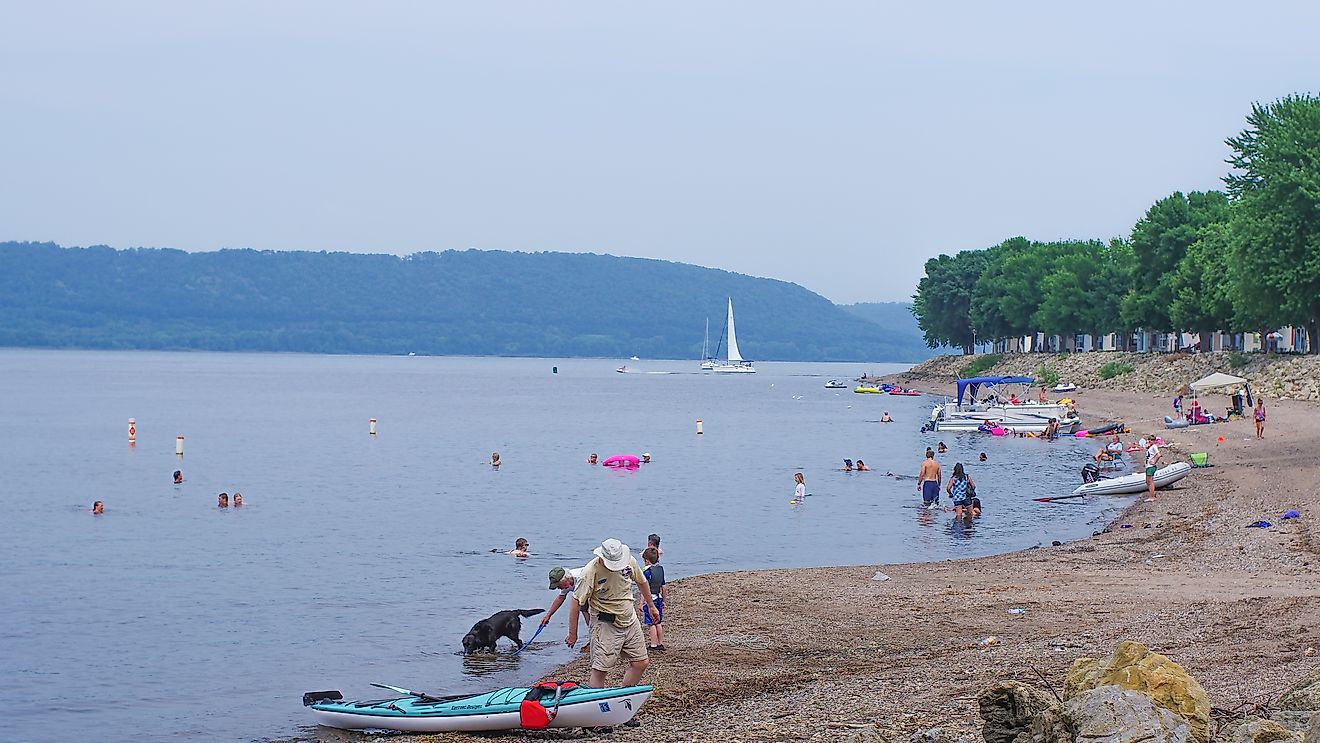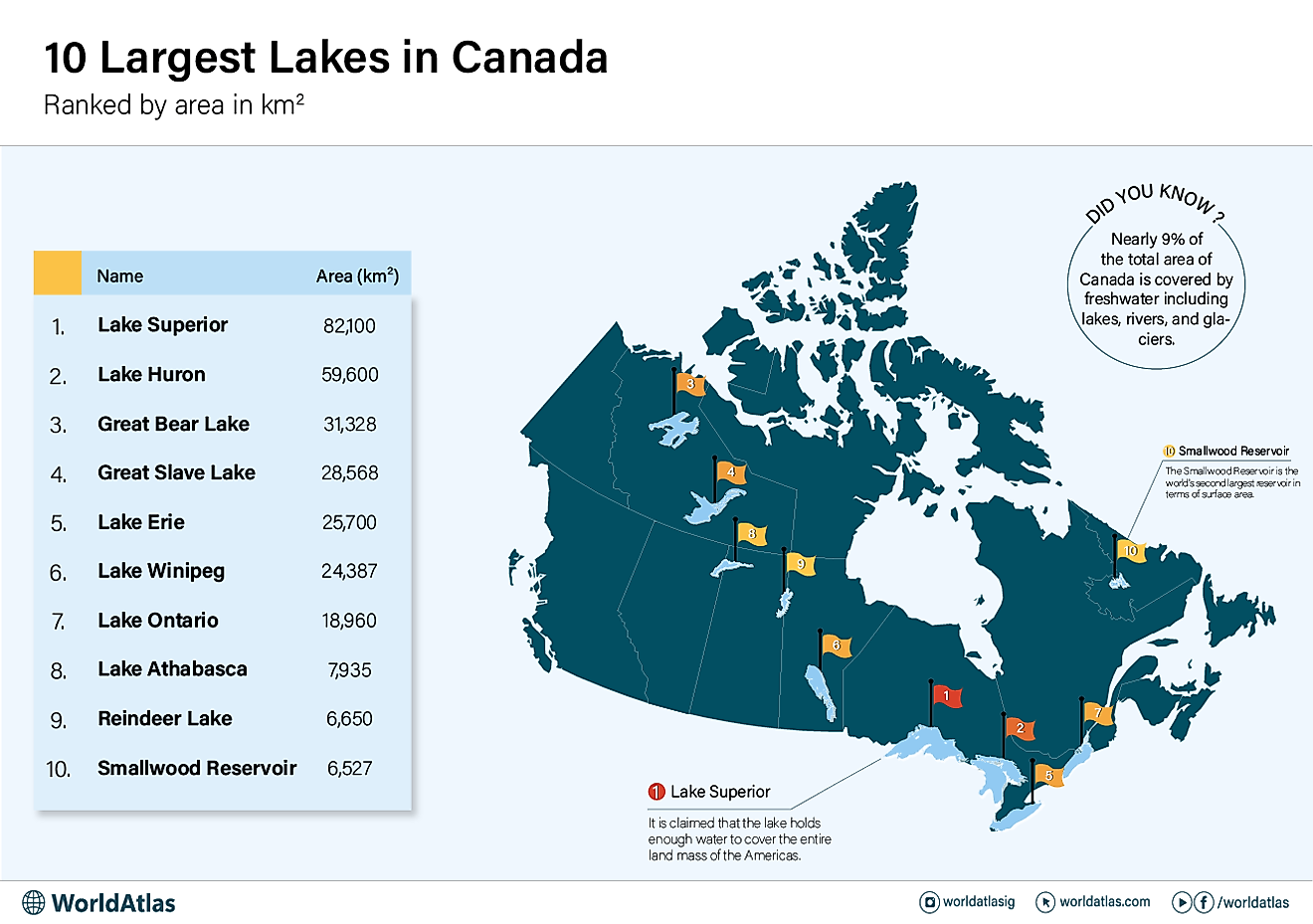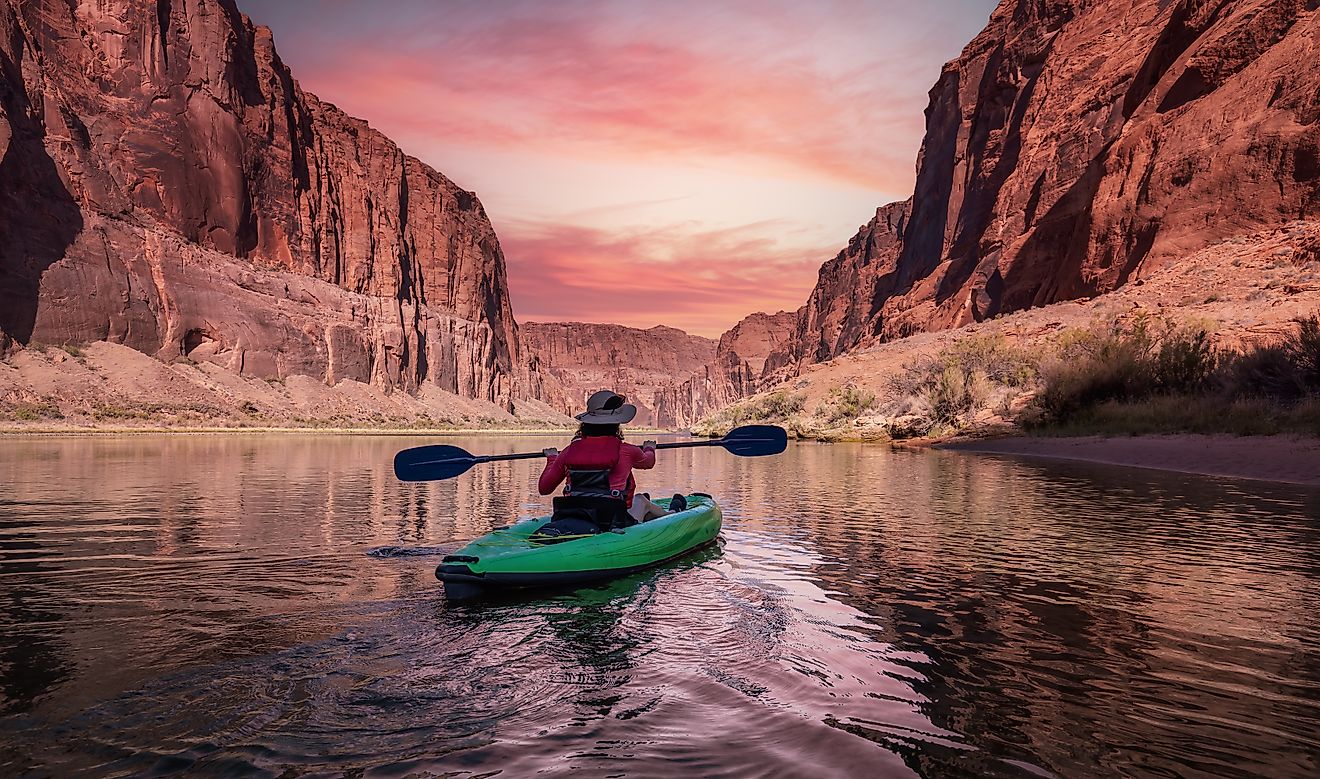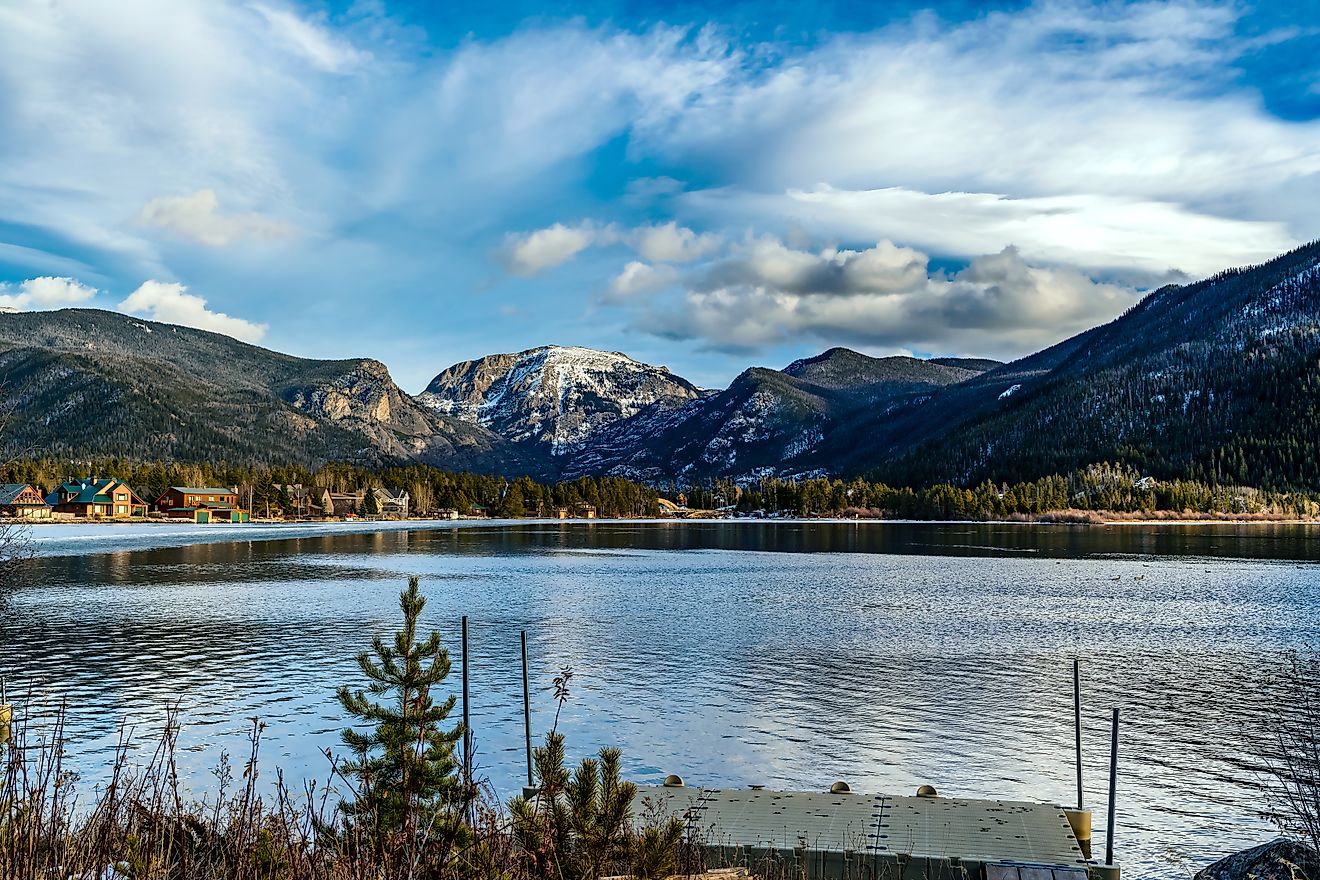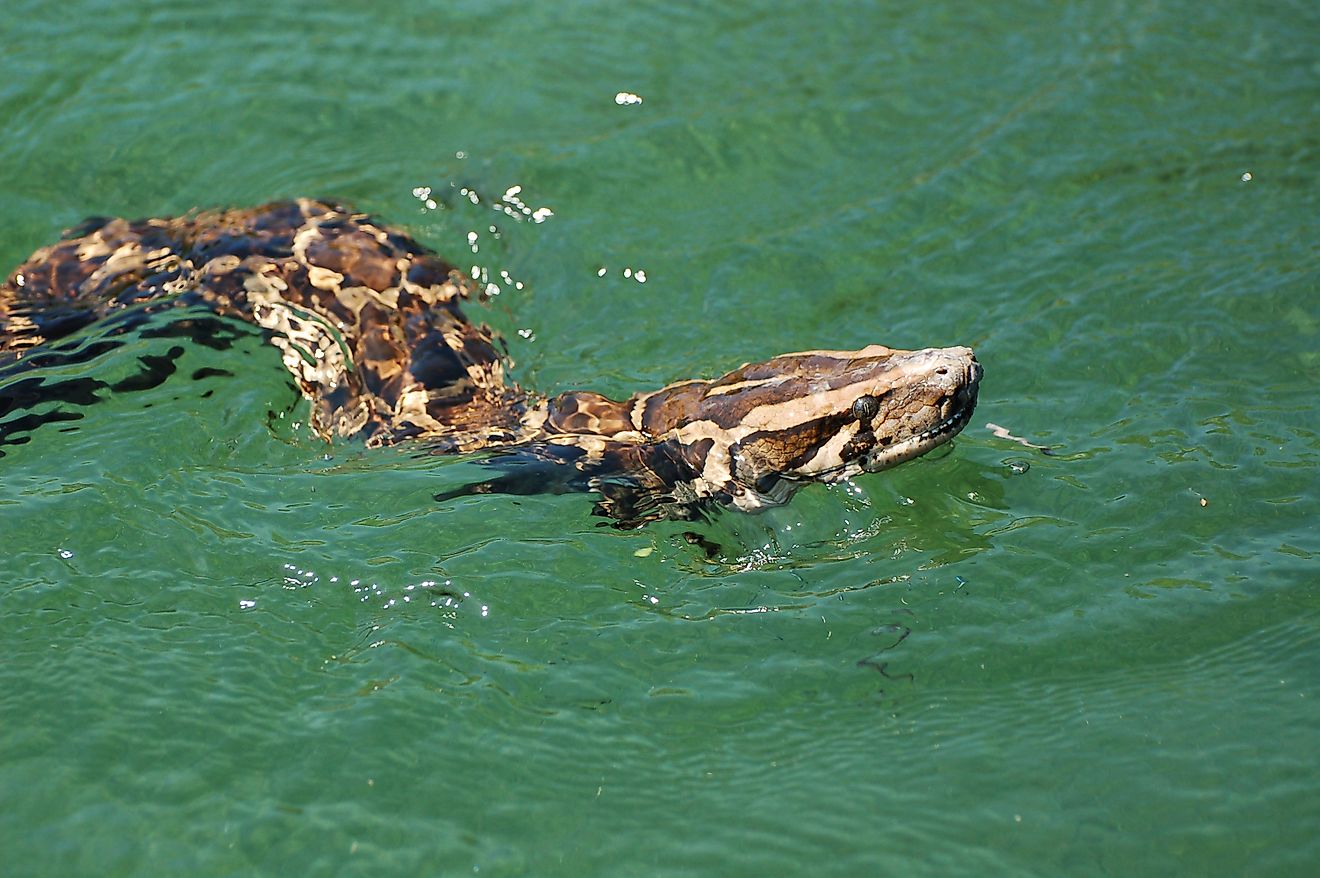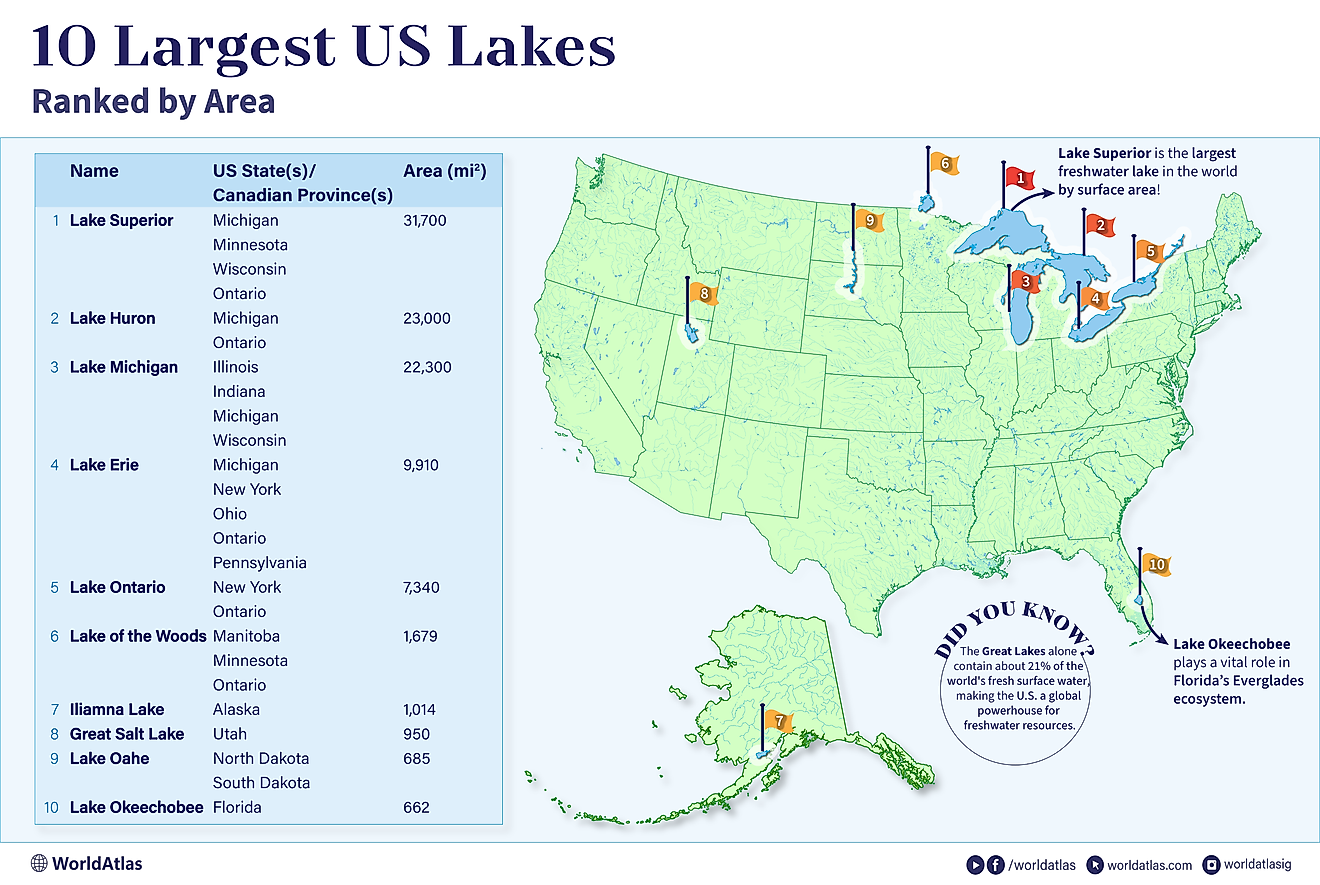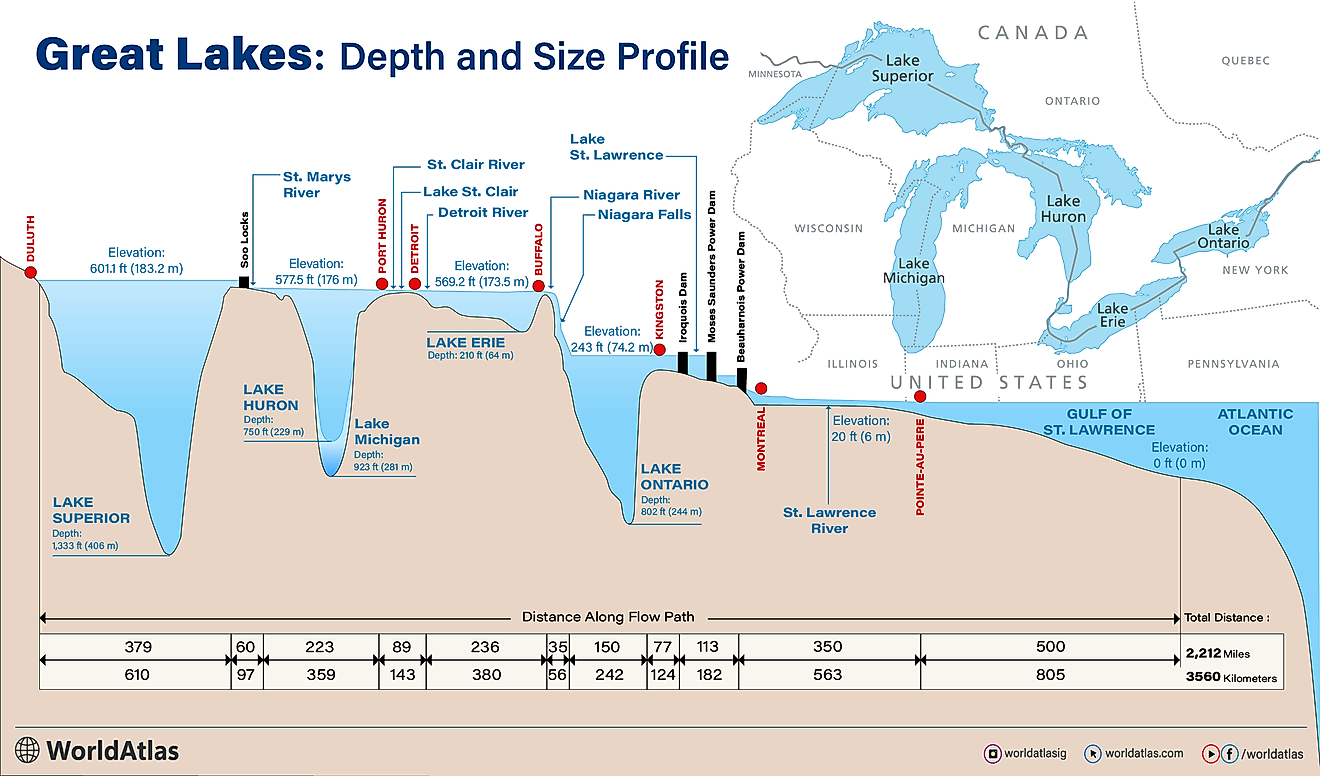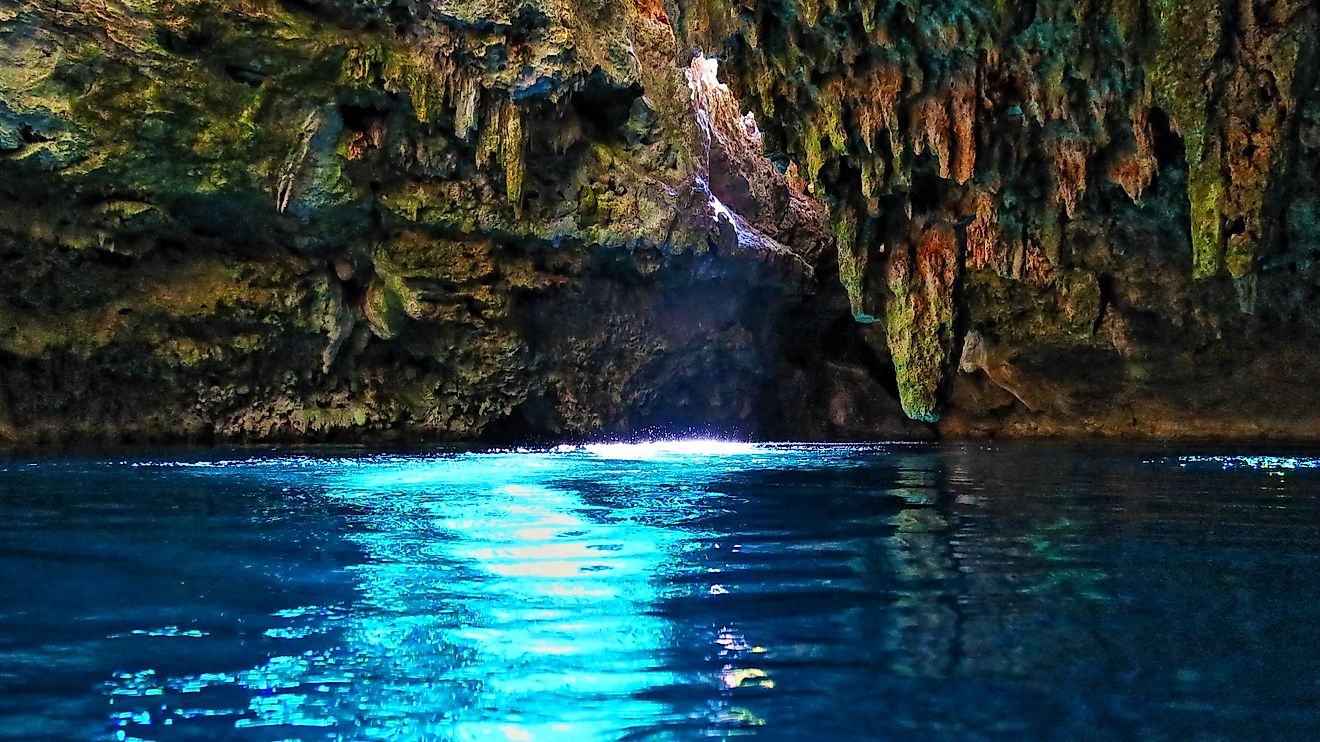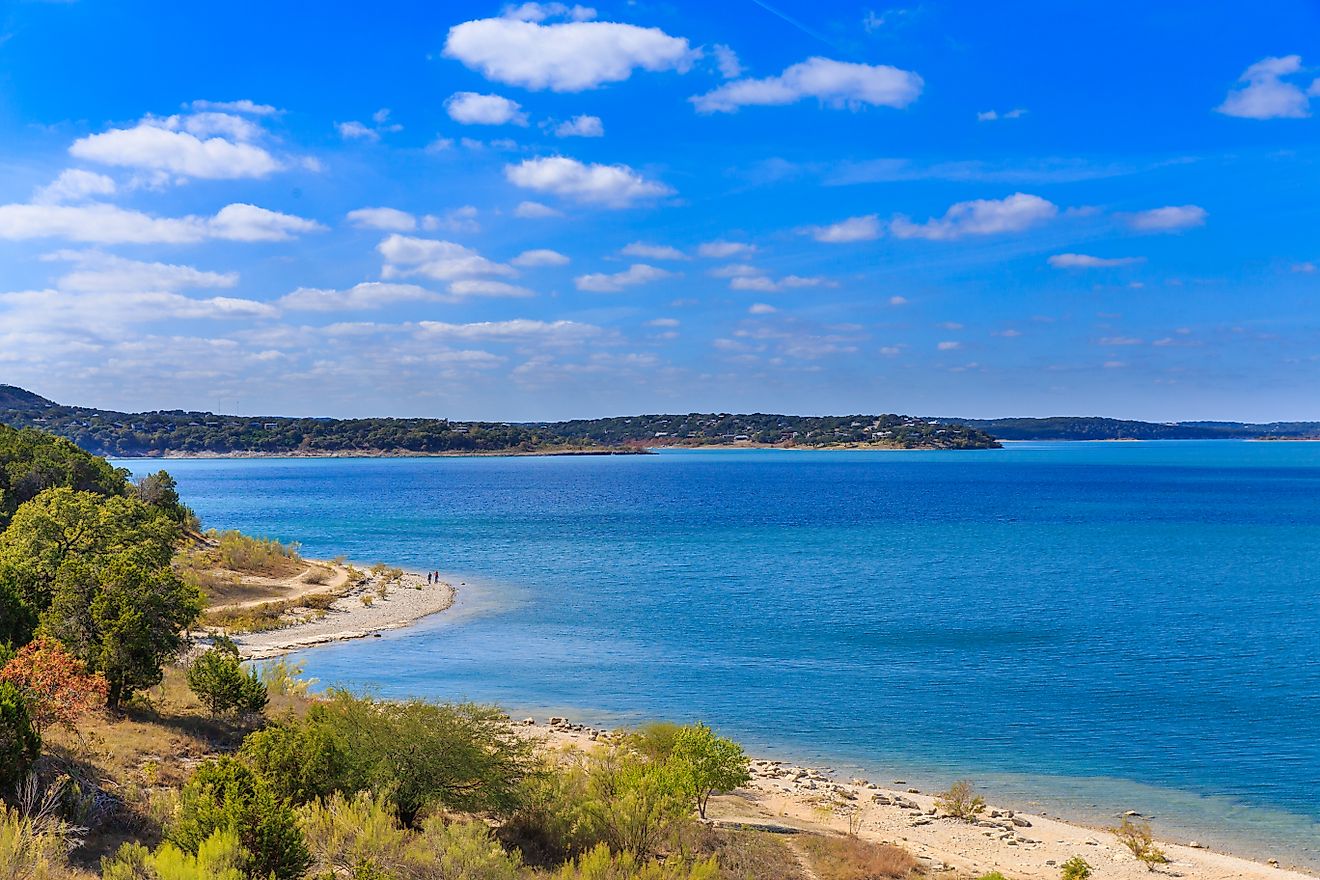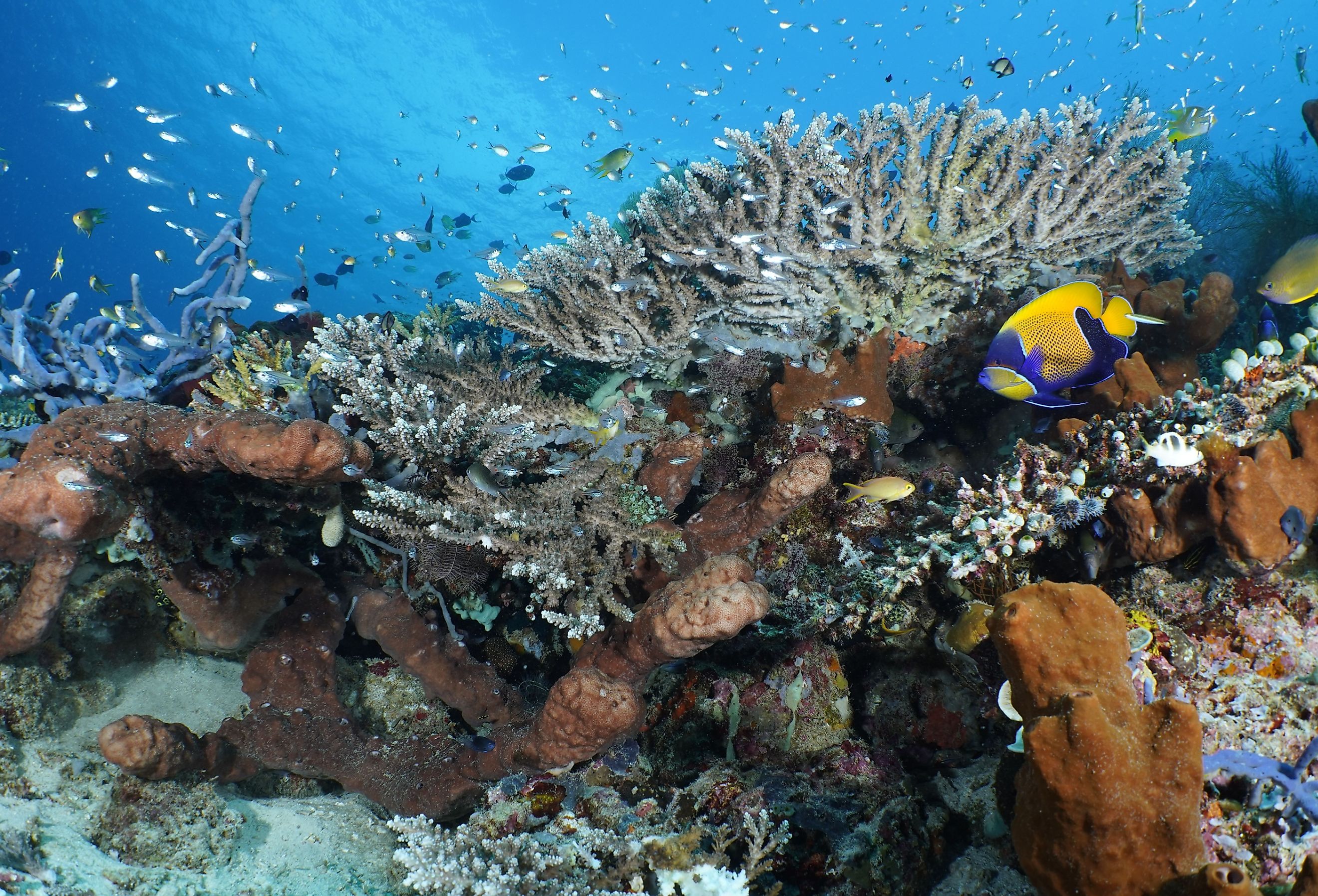
Bali Sea
The Bali Sea is a section of the Indian Ocean located between the Indonesian islands. There are some locations where the depth of the Bali Sea can reach 5,217 feet. Despite being one of the more shallow seas in the world, the Bali Sea could accommodate four Empire State buildings piled on top of one another with space to spare. Turquoise blue waters, abundant marine life, a warm climate, and scenic beaches attract tourists from all over the world.
Where is The Bali Sea
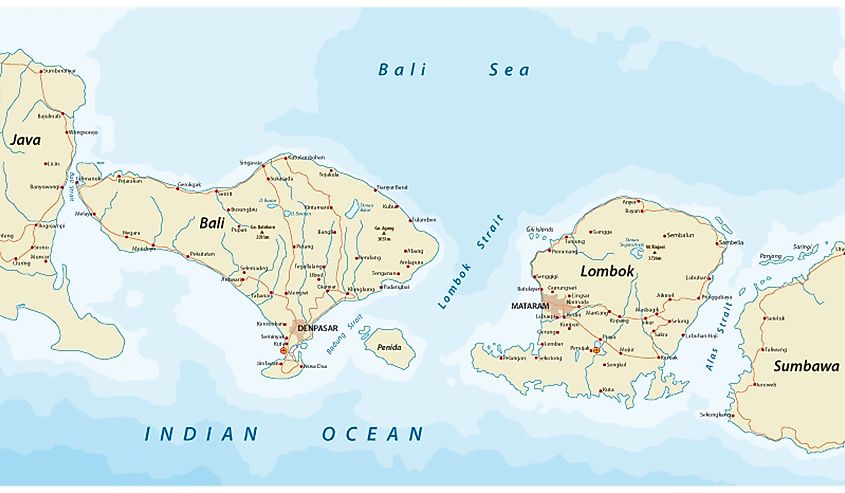
The Bali Sea is one of the seas in the East Indian Archipelago, according to the International Hydrographic Organization (IHO). In terms of oceanography, the Bali Sea corresponds with the Indonesian Throughflow, which flows from the Pacific Ocean to the Indian Ocean mostly through the straits of Bali and Lombok. Due to its eastern border with the Flores Sea, oceanographers sometimes classify the Bali Sea as a part of it. However, on some nautical charts, the Bali Sea is identified as a separate sea for navigation. The sea is home to many volcanic islands. The Bali Sea is part of the Pacific Ring of Fire and frequently experiences earthquakes and volcanic eruptions. This area is in high demand among geologists and seismologists to study.
Bali Sea Climate
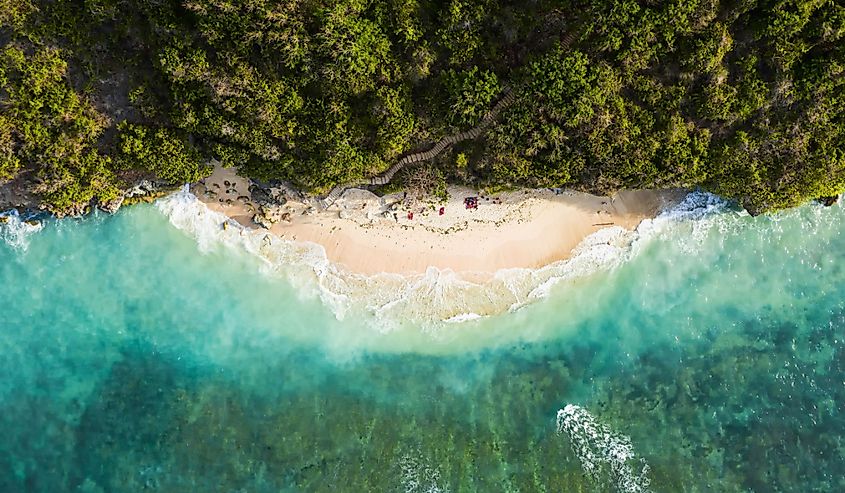
The weather in Bali is tropical and warm all year round. Typically, there are two seasons: a rainy season that lasts from November to March and a dry season that lasts from April to October. It is very common for tourists to travel to Bali during the dry season since the sea is generally calm and the daily high-temperature averages around 86.0°F. In contrast, the rainy season brings more humidity and sporadic storms, as well as rougher seas that are less conducive to water sports. The monsoon winds also affect the Bali Sea; the northeast monsoon brings rain while the southwest monsoon brings dry weather.
Islands In the Bali Sea
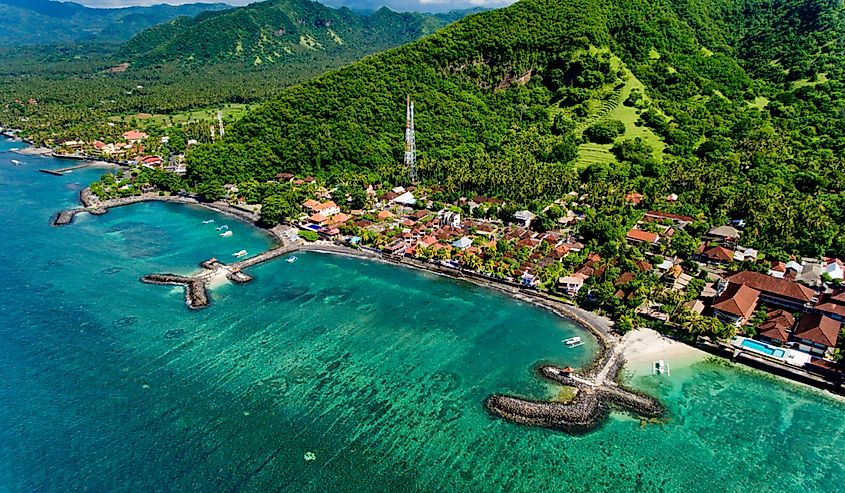
Bali is an inter-island sea between the eastern edge of Java and the islands of Lombok and Bali. It also washes the western shores of the Nusa Tenggara islands. Islands in the Bali Sea attract visitors with their idyllic beaches, clear waters, and abundant marine life, making them ideal snorkeling and diving locations.
Bali
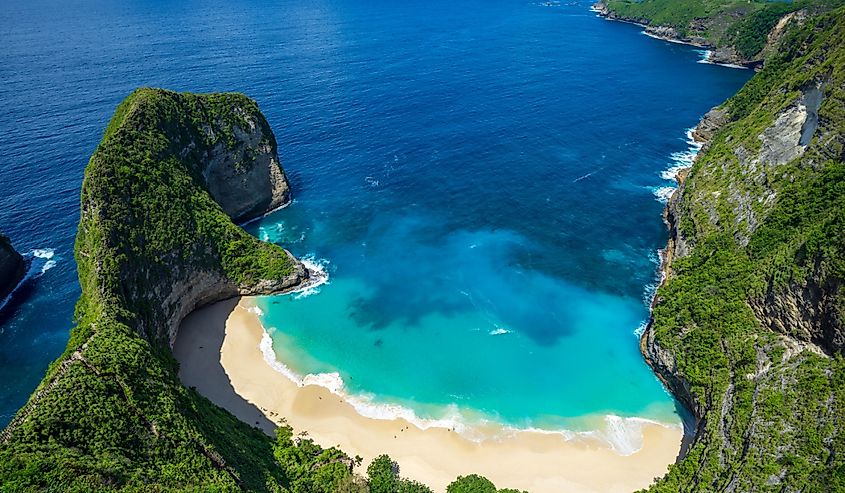
A major tourist destination with a population of over 4 million people is the island of Bali, which gave the sea its name. It consists of four islands: Bali, plus the considerably smaller Nusa Penida, Nusa Lembongan, and Nusa Ceningan off the southeast coast. While Nusa Lembongan is well known for its idyllic setting and laid-back vibe, Nusa Penida is renowned for its dramatic coastline, top-notch diving locations, and towering cliffs. The smallest of the three, Nusa Ceningan, provides a quieter, more private experience with a gorgeous blue lagoon and a famous yellow bridge that connects it to Nusa Lembongan. Anyone looking for an exceptional island experience should visit these islands in the Bali Sea.
Bali is a perfect combination of stunning beaches, ancient temples, green rice terraces, forests, and mountains. Bali is an island with a large Hindu population and is well-known for its historical temples like Tanah Lot, Uluwatu, and Besakih. Among the beautiful beaches, the most famous are Kuta, Seminyak, and Nusa Dua. If you are into hiking, there are two active volcanoes, Mount Agung and Mount Batur, which rise high above Bali island.
Lombok
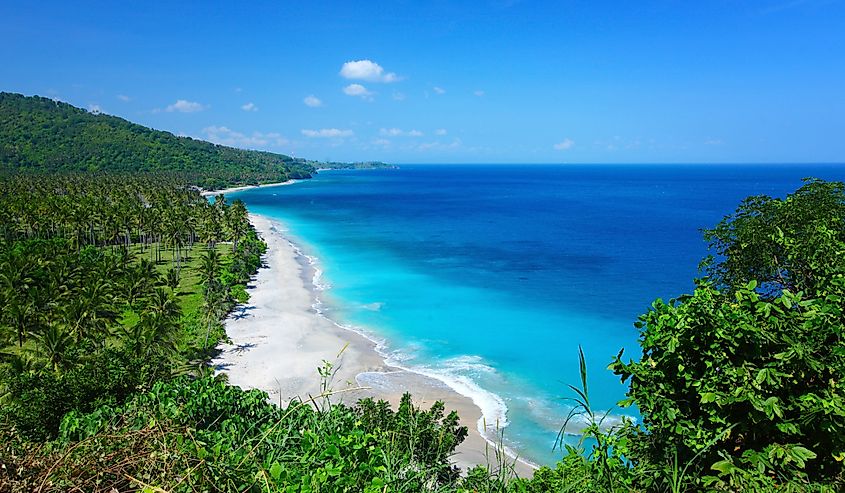
Lombok is an island located to the east of Bali. As well as other Indonesian islands, it also offers beautiful beaches, clear waters, and scenic scenery. The Lombok-based Mount Rinjani volcano is the second-highest volcano in Indonesia and is a well-liked hiking and adventure destination. On this island, you can observe traditional Sasak culture showcased through regional arts and crafts, musical performances, and dances.
The island is the ideal getaway for people seeking to escape the bustle of city life because of its laid-back and peaceful atmosphere. While Bali draws the majority of tourists, on Lombok, you can find many isolated and deserted dream beaches. In addition to participating in water sports like surfing, snorkeling, and diving, visitors can see the island's numerous temples and historical monuments.
The Bali Sea Wildlife
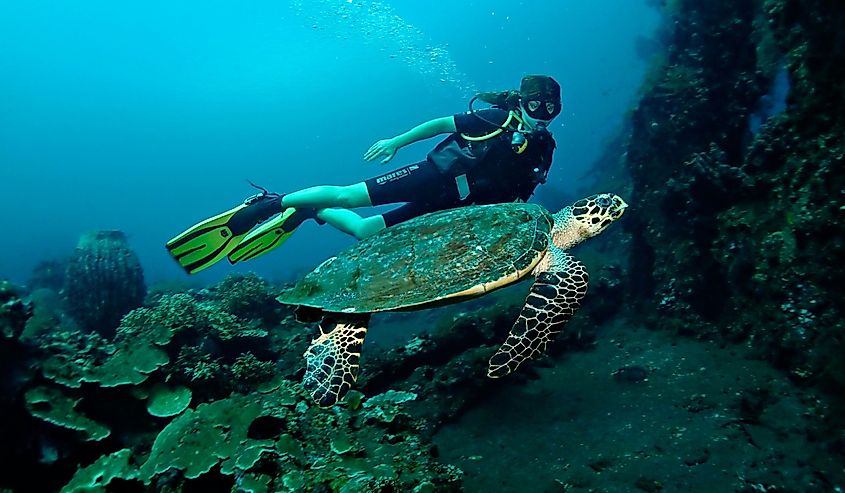
Both above and below the surface, the Bali Sea is home to a wide variety of flora and fauna. Sea turtles, sharks, dolphins, and manta rays are a few of the region's most well-known species. The coral reefs of the Bali Sea are likewise abundant with life, hosting various varieties of fish, crabs, and other invertebrates. If you choose to go scuba diving, you may encounter aquatic creatures like sunfish, turtles, peacock grouper fish, frogfish, and others. Along the shore, you will see amazing plants of coconut palms, bamboo, Banyan trees, tamarind, water lilies, jasmine, and magnolia.
The Bali Sea has unfortunately suffered severe harm from human activities, including overfishing, pollution, and habitat degradation, just like many other marine habitats across the world. The establishment of marine protected areas and programs to lessen plastic waste in the area are just two of the actions implemented to safeguard and restore the ecosystems of the Bali Sea.
Tourism In The Bali Sea
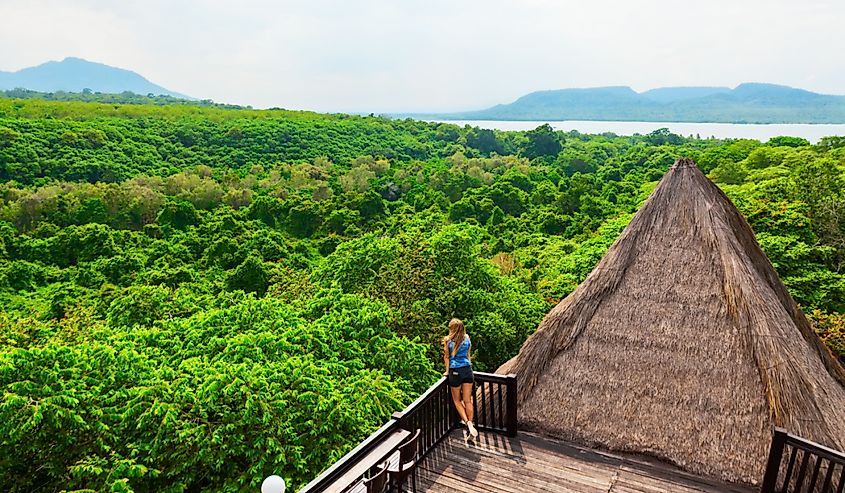
The Bali Sea provides some of the most stunning and distinctive tourist attractions in the globe. There is plenty for everyone to enjoy in this magnificent region, from breathtaking beaches to rich history and culture. Every adventurous soul can find an activity in Bali. Catch the surf breaks at Bali's most well-known surfing locations, or hire a board and begin your wave-riding education. Aling-Aling Waterfall features a natural waterslide where you can leap off the cliffs and slide down it, or you can visit the Waterbom for elaborate man-made slides and other activities.
While the region has benefited economically from the increase in tourism, it has also brought problems, such as environmental deterioration, overpopulation, and cultural decay. Prioritizing environmentally responsible practices is crucial to preserving this region's unique nature, history, and culture.
